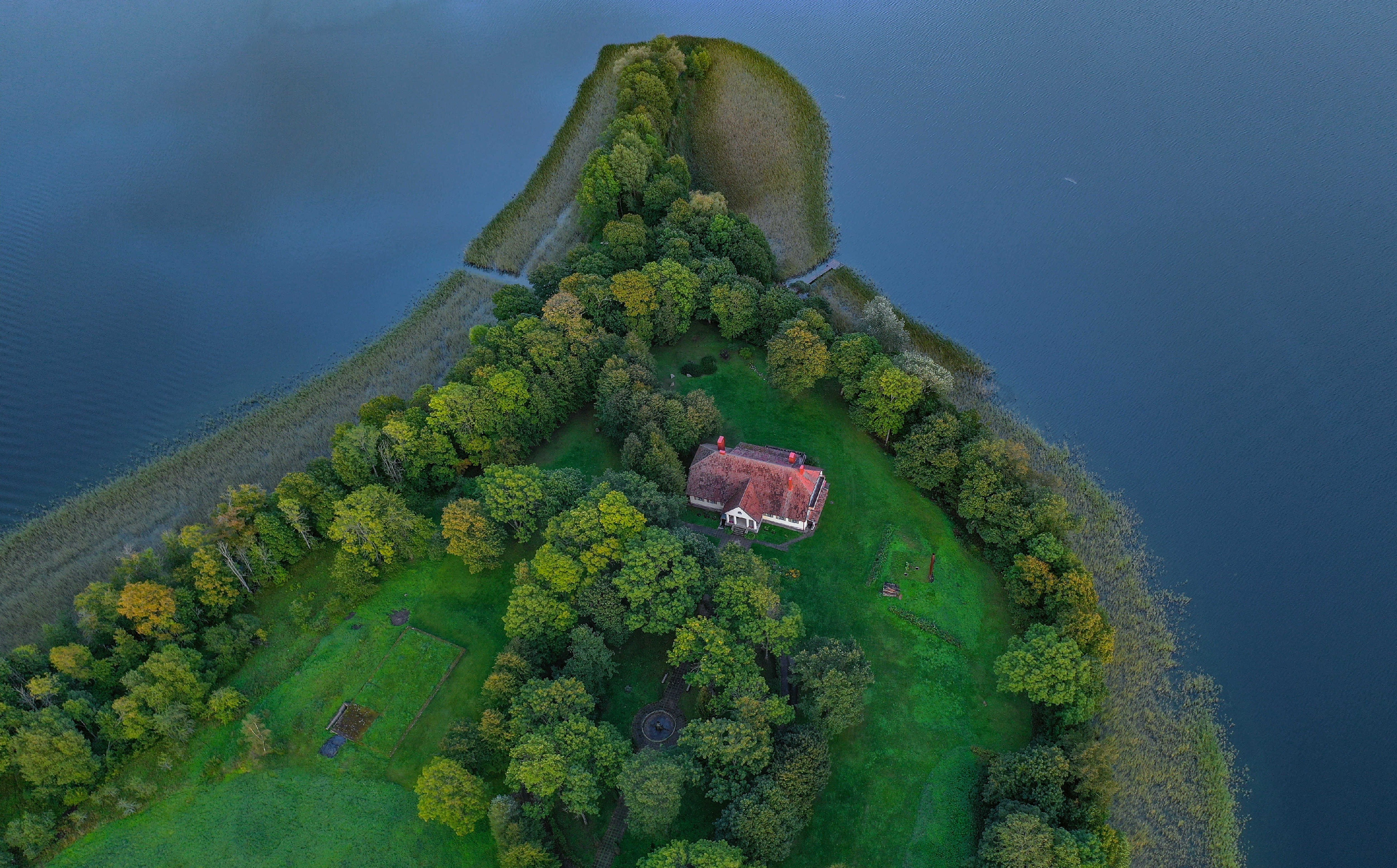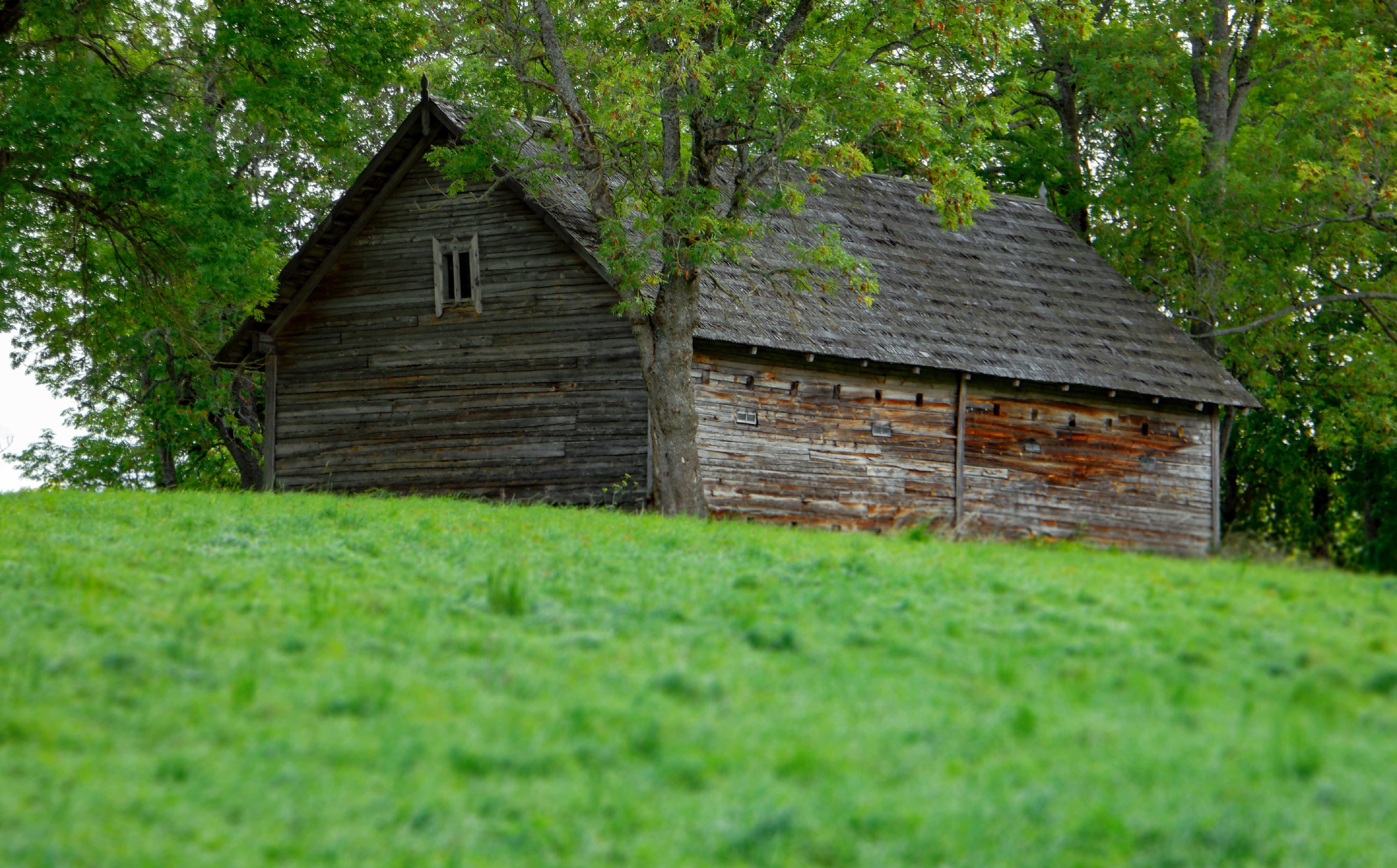It was mentioned in written sources as early as in the 14th century, in the 15th century, Bikuškis Manor belonged to Radvila, the son of the chief of Užpaliai Castle, Radvila Astikaitis (1384–1477). The manor was later ruled by Tadas Pranciškus Oginskis (Tadeusz Franciszek Ogiński, 1712–1783), and by the noblemen Prušinskis (Prusiński) of Krakow in the eighteenth century. Prušinskis received a privilege from Stanislovas Augustas Poniatovskis (Stanisław August Poniatowski), the last king of the Republic of Two Nations to build a town near the manor, to have a market every Wednesday, and to hold an annual fair of two weeks.
The end of 18th century - the beginning of 19th century Bikuškis Manor belonged to the families of Plevakas, Beneckis and Drazdauskas. During the uprising of 1863, the rebels were hiding in the manor. At the time of prosperity Bikuškis Manor owned seven villages.
Changes in the wartime period
The outbreak of World War I marked a sudden downturn at the manor. In 1928, the land of Marija Puzinauskaitė, a total of 194 hectares, was expropriated. In 1940, the manor was nationalised and a unit of soldiers was located here. After World War II, the manor belonged to the Sudeikiai collective farm, and the manor was transformed into apartments. Later it was turned into a resort house, the manor was reconstructed, its layout and volume changed.
The present
In 1992, Bikuškis manor was returned to its inheritors. With the enthusiasm and efforts of the private owners Bikuškis manor was revived. Since 2023, the manor is being managed by M. and M. Januškevičiai.
The manor house of Classicism style, a wooden barn of the 19th century, the blacksmiths and the ruins of a former distillery and a park have been preserved.


